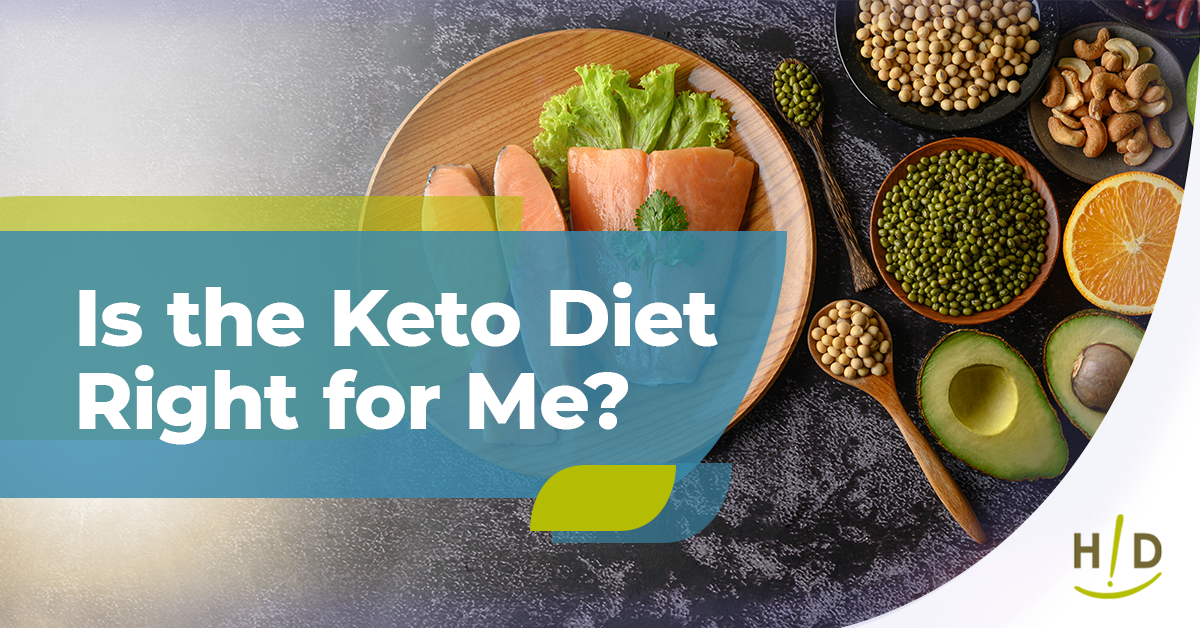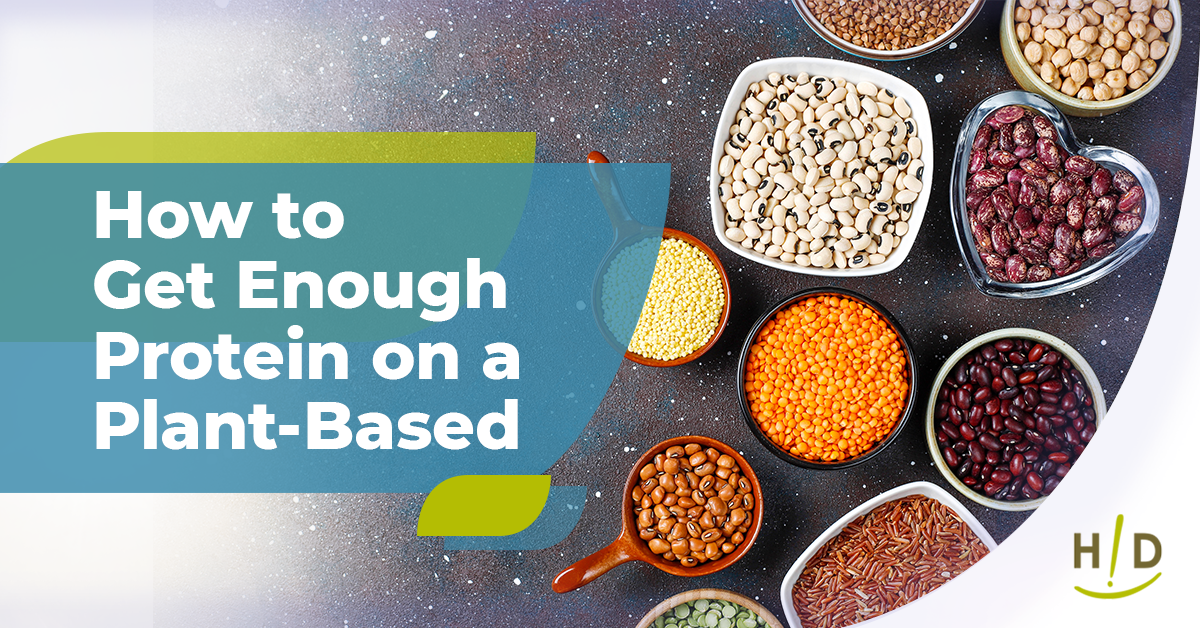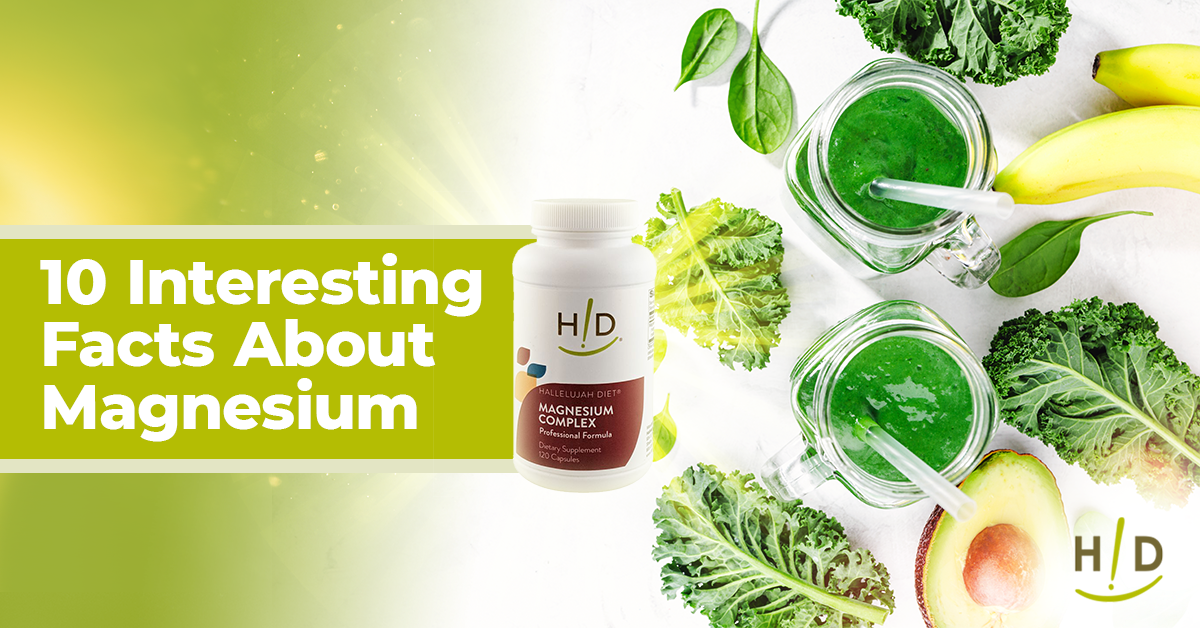The keto diet, or ketogenic diet, is very low in carbohydrates, low in protein, and high in dietary fat. It’s a meal plan that puts your body into a state of ketosis, which means you’ll burn fat as fuel instead of carbohydrates. Many people have lost weight using the keto diet, but you might be wondering if it is safe long-term. Knowing about the pros and cons of the ketogenic diet vs. the Hallelujah Diet helps you decide which eating plan is right for you.
What Is the Keto Diet?
Ketogenic diets were developed as a way to help control seizures in people with epilepsy. Numerous forms of the ketogenic or keto diet exist, but the bottom line is it is very low in carbohydrates and high in fat. Classic keto diets often provide:- 90% of calories from dietary fat
- 6% of calories from protein
- 4% of calories from carbohydrates
- Plant oils
- Avocados
- Nuts
- Seeds
- Butter
- Cream
- Cheese
- Mayonnaise
- Unsweetened Almond milk
- 70-85% of calories from dietary fat
- 5-20% of calories from carbohydrates
- 10-20% of calories from protein
In contrast, the Institute of Medicine recommends getting 45-65% of your calories from carbs, 15-35% from protein, and 20-35% of your daily calories from fat to achieve optimal health. That’s because carbohydrates are your body’s main (and preferred) fuel source.
What Are the Benefits of Keto Diets?
When following a ketogenic diet, you might reap some benefits if you have certain health conditions. For example:- Keto diets help control seizures in people with epilepsy.
- Studies show ketogenic diets improve blood sugar and reduce medications in people with diabetes.
- Ketogenic diets can suppress appetite, aid in weight loss, and reduce obesity.
- Research suggests keto diets might improve Alzheimer’s disease, autism, and certain cancers.
Research is ongoing to determine the potential health benefits keto diets may offer for people with specific health conditions.
Are There Drawbacks of Keto Dieting?
As with any type of severely restrictive diet, drawbacks exist for keto dieting as well. Your body isn’t designed to follow high-fat, low-protein, very low-carb diets long-term, and you might experience side effects, such as:- Constipation
- Headaches
- Bad breath
- Physical and mental fatigue
- Confusion
- Irritability and mood swings
- Decreases in athletic performance
- Difficulty sleeping
- Nutrient deficiencies – especially magnesium, phosphorous, selenium, B vitamin, and vitamin C deficiencies
- Worsening of existing liver conditions
- Kidney problems
For most people, the long-term use of ketogenic diets isn’t necessary or recommended. More liberal versions of the classic keto diet might be a better option to reap health benefits while keeping your risk of nutrient deficiencies and liver or kidney problems low.
What Is the Hallelujah Diet?
The Hallelujah Diet is a Biblically-based eating plan that focuses on plant-based (mainly raw) foods. This balanced vegan diet is rich in fiber, antioxidants, and other essential nutrients. You’ll eat whole foods (especially veggies) including 85% raw foods and 15% cooked foods. When following the Hallelujah Diet, you’ll consume:- Fruits, vegetables, and juices
- Whole grains
- Legumes
- Nuts and seeds
- Plant milks
- Nutrition shakes
- Hallelujah Diet supplements
- Herbal teas
Research shows that plant-based diets provide numerous health and wellness benefits—such as a lower risk of obesity, heart disease, diabetes, arthritis, dementia, and cancer. If you have one of these health conditions, switching from a standard American diet to the Hallelujah Diet helps your body naturally fight off or even reverse the disease and its symptoms.






